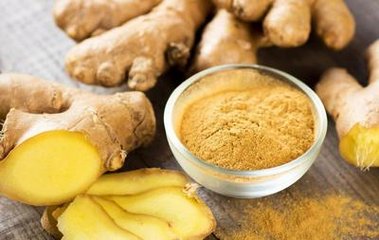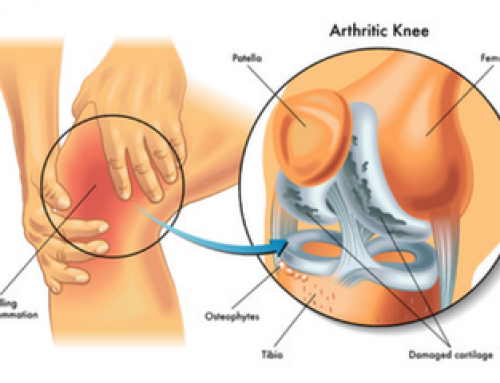Ginger
Ginger root is widely used as a digestive aid for mild stomach discomfort and is recommended by professional herbalists to help prevent or treat nausea and vomiting caused by motion sickness, pregnancy, etc. It has the functions of strengthening stomach and stomach ulcer, gallbladder, protecting liver, strengthening heart, inhibiting platelet aggregation, preventing halo, anti-tumor, central inhibition, enhancing immunity, antibacterial, insecticidal and anti-inflammatory, and also has strong antioxidant capacity. . Used as a food additive; used to formulate flavors.
Seven functions of ginger powder
1. Nausea and vomiting: It has been shown to reduce the symptoms of motion sickness caused by travel by car or boat. A double-blind clinical trial found that ginger may reduce nausea due to surgical anesthesia. A preliminary experiment suggested that ginger may help prevent nausea caused by chemotherapy.
2. Motion sickness: Many studies have suggested that ginger is more effective than placebo in reducing symptoms associated with motion sickness. In a study of 80 novice sailors (with motion sickness), subjects taking powdered ginger extract experienced significant vomiting and reduced cold sweating compared with placebo. Similar results were obtained in a study of healthy volunteers.
3. Nausea and vomiting due to pregnancy: At least two studies have found that ginger is more effective than placebo in reducing nausea and vomiting caused by pregnancy. In a small study involving 30 pregnant women with severe vomiting, women who took 1 gram of ginger extract per day for four days reported better vomiting relief than women who took placebo. In a larger study involving 70 pregnant women with nausea and vomiting symptoms, women who received similar doses of ginger extract taught women who took placebo to feel reduced nausea and experienced reduced vomiting.
4. Post-operative nausea and vomiting: The study puts forward a comprehensive conclusion about the application of it in the treatment of nausea and vomiting after surgery. In both studies, 1 gram of extract taken before surgery was equally effective in reducing nausea compared to mainstream drugs. In one of the two studies, women who took it significantly reduced the amount of nausea-reducing medication needed after surgery.
5. Anti-inflammatory effects: In addition to the effect of reducing nausea and vomiting, it has long been used to reduce the effects of inflammation in traditional medicine time. In fact, many herbalists currently use it to help treat health problems such as arthritis, bronchitis and ulcerative colitis. In a recent study of 261 patients with osteoarthritis (OA) at the knee, those who took it twice a day experienced less pain and had pain relief than taking a placebo. The amount of medicine is also reduced.
6. Digestive tract nourishing effect: It is considered to be a tonic for the digestive tract, which stimulates digestive function and nourishes the intestinal muscles. This feature helps the substance move in the digestive tract and reduces irritation to the intestines. It may protect the stomach from the effects of alcohol and non-steroidal anti-inflammatory drugs (NSAIDs) and may help prevent ulcers.
7. Cardiovascular health: It can also support cardiovascular health by reducing platelet viscosity and reducing accumulation. A small preliminary study indicates that It can lower cholesterol and prevent blood clotting. These functions protect the blood vessels from the effects of obstruction and obstruction such as atherosclerosis. However, more research is still needed to see if these preliminary findings are ultimately beneficial to humans.







Leave A Comment